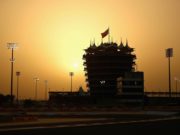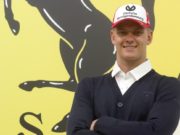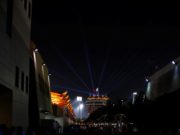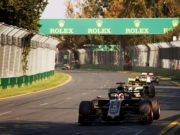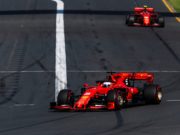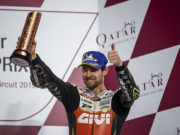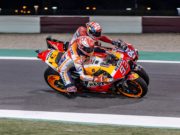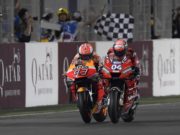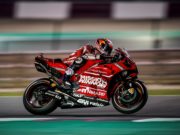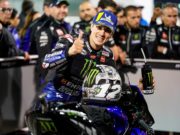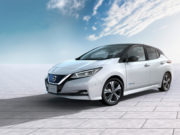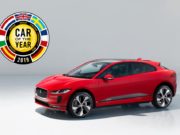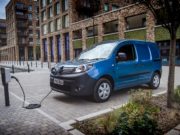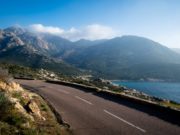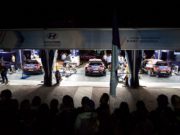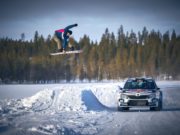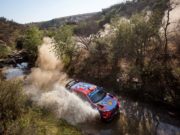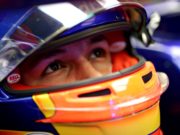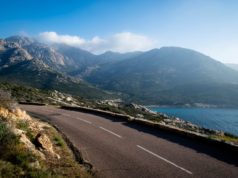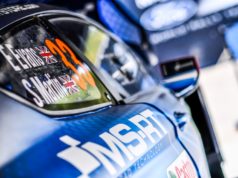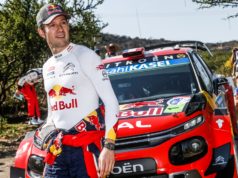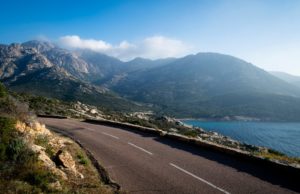Rallye Monte-Carlo is the WRC’s oldest event and was first run over 100 years ago, in 1911. The 85th edition of Rallye Monte-Carlo will see the drivers covering 382.65km over 17 stages with changes to around 85% of the event’s route compared to 2016.
Weather conditions are often unpredictable and temperamental. Crews must anticipate swift changes between snow, ice and dry asphalt, sometimes even within the same stage.
Immediately following the rally’s ceremonial start in Casino Square, teams will be forced to tackle two special stages in the darkness of the French Alps before they can settle into their overnight stop at Gap just after midnight.
There will be little respite for the drivers come Friday, the leg which will see the largest amount of distance covered across the weekend – 160.40km. Saturday’s action will see two loops of two stages south-west of Gap, ahead of a repeat of the Bayons-Bréziers stage that they will have already run on the Thursday night. The rally will conclude on Sunday with two passes of the Luceran – Col St. Roch (5.50km) stage, the second of which serves as the final live televised Power Stage. In between these two will be a run of the classic La Bollène Vésubie – Peira Cava stage (21.36km) and its famous summit finish attracting huge audiences.
Much is new for 2017, and WRC Promoter managing director Oliver Ciesla believes the powerful and aggressive cars will be the stars of the show
“Our fans are going to love the 2017 WRC! Footage from pre-season testing shows just how exciting these new cars are. A more macho appearance and increased performance will bring smiles to fans’ faces,” he said.
“There’s a hugely positive feeling throughout the WRC family as we head into the season. The series boasts big names from the automotive industry. It’s a compliment to the championship’s development that they have chosen to showcase their cars. And this environment offers global visibility from January to November.”
“What is so great is the feeling of unpredictability about 2017. Nobody knows which teams, which cars or which drivers will shine. New rules should ensure down-to-the-wire competition. I’m sure we will see many thrilling battles.”
Day 2 of WRC TV recce, more snow & cold temperatures. Challenging conditions on the stages, that’s what makes Rally Monte Carlo so special. pic.twitter.com/xeC8XRHmyD
— WRC (@OfficialWRC) 16 January 2017
The teams
Toyota returns to the WRC after a 17-year absence. The Japanese giant will fight with multiple champion Citroën, which is back after a year’s sabbatical. Ford, in the guise of the M-Sport team, and Hyunda complete a stellar line-up.
The cars
Aggressive, loud and moody. They are the new lightweight World Rally Cars that will battle for tenths of a second on dirt, asphalt, snow and ice.
They are bigger everywhere with larger bumpers at the front and rear and extended door sills. Larger aero devices, and more of them, including a huge spoiler and diffuser at the rear and a front splitter add to the ‘bulldog’ look.
Beneath the bonnet a wider restrictor on the turbocharger increases power from the 1600cc direct injection engine to 380PS. Electronic trickery in the form of an active central differential gives drivers a helping hand in balancing their cars.
The drivers
The biggest news was the decision of four-time world champion Sébastien Ogier to sign for M-Sport. His teammates will be rising star Ott Tänak and Elfyn Evans.
Toyota opted for an all-Finnish line-up of Jari-Matti Latvala, Juho Hänninen and Esapekka Lappi. Citroën chose the youth of Craig Breen and Stéphane Lefebvre to join lead driver Kris Meeke.
There are no changes at Hyundai. The team continues with Thierry Neuville, Hayden Paddon and Dani Sordo.


